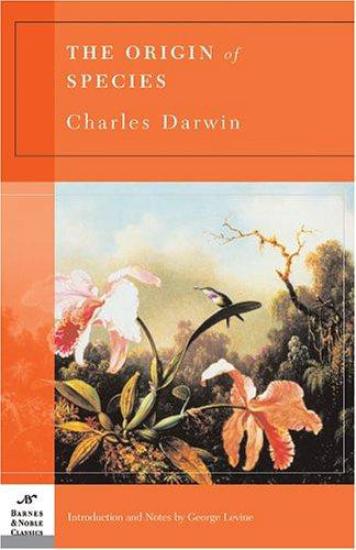
Rating: Not rated
Tags: Biology, Lang:en
Summary
On December 27, 1831, the young
naturalist Charles Darwin left Plymouth Harbor aboard the HMS
Beagle. For the next five years, he conducted research on
plants and animals from around the globe, amassing a body of
evidence that would culminate in one of the greatest
discoveries in the history of mankind—the theory of
evolution. Darwin presented his stunning insights in a
landmark book that forever altered the way human beings view
themselves and the world they live in. InThe Origin of Species, he
convincingly demonstrates the fact of evolution: that
existing animals and plants cannot have appeared separately
but must have slowly transformed from ancestral creatures.
Most important, the book fully explains the mechanism that
effects such a transformation: natural selection, the idea
that made evolution scientifically intelligible for the first
time. One of the few revolutionary works of science that is
engrossingly readable, The Origin of Species not only
launched the science of modern biology but also has
influenced virtually all subsequent literary, philosophical,
and religious thinking. George Levine, Kenneth Burke Professor
of English Literature at Rutgers University, has written
extensively about Darwin and the relation of science and
literature, particularly inDarwin and the Novelists. He is
the author of many related books, including The Realistic
Imagination, Dying to Know, and his birdwatching memoirs,
Lifebirds.